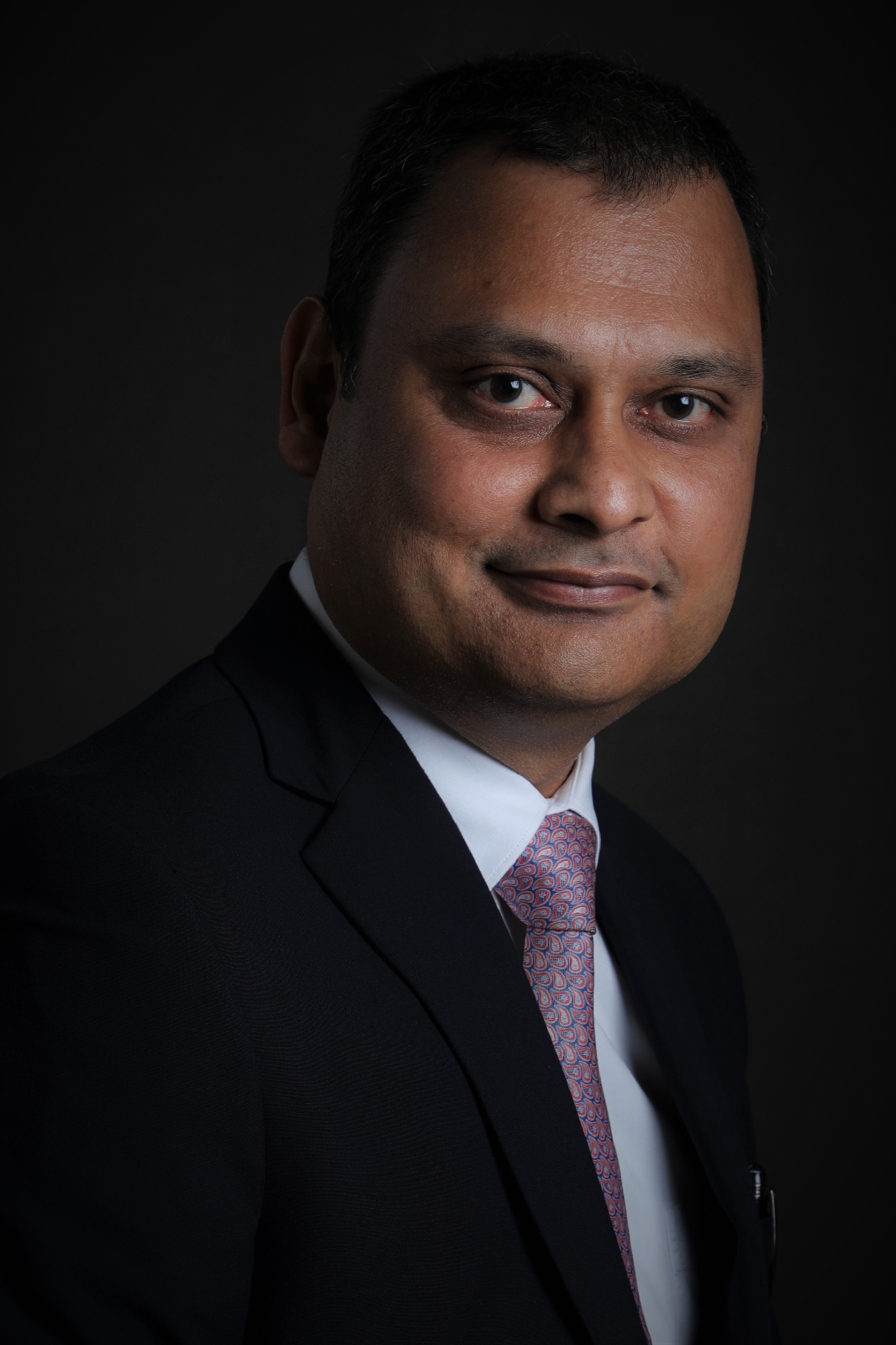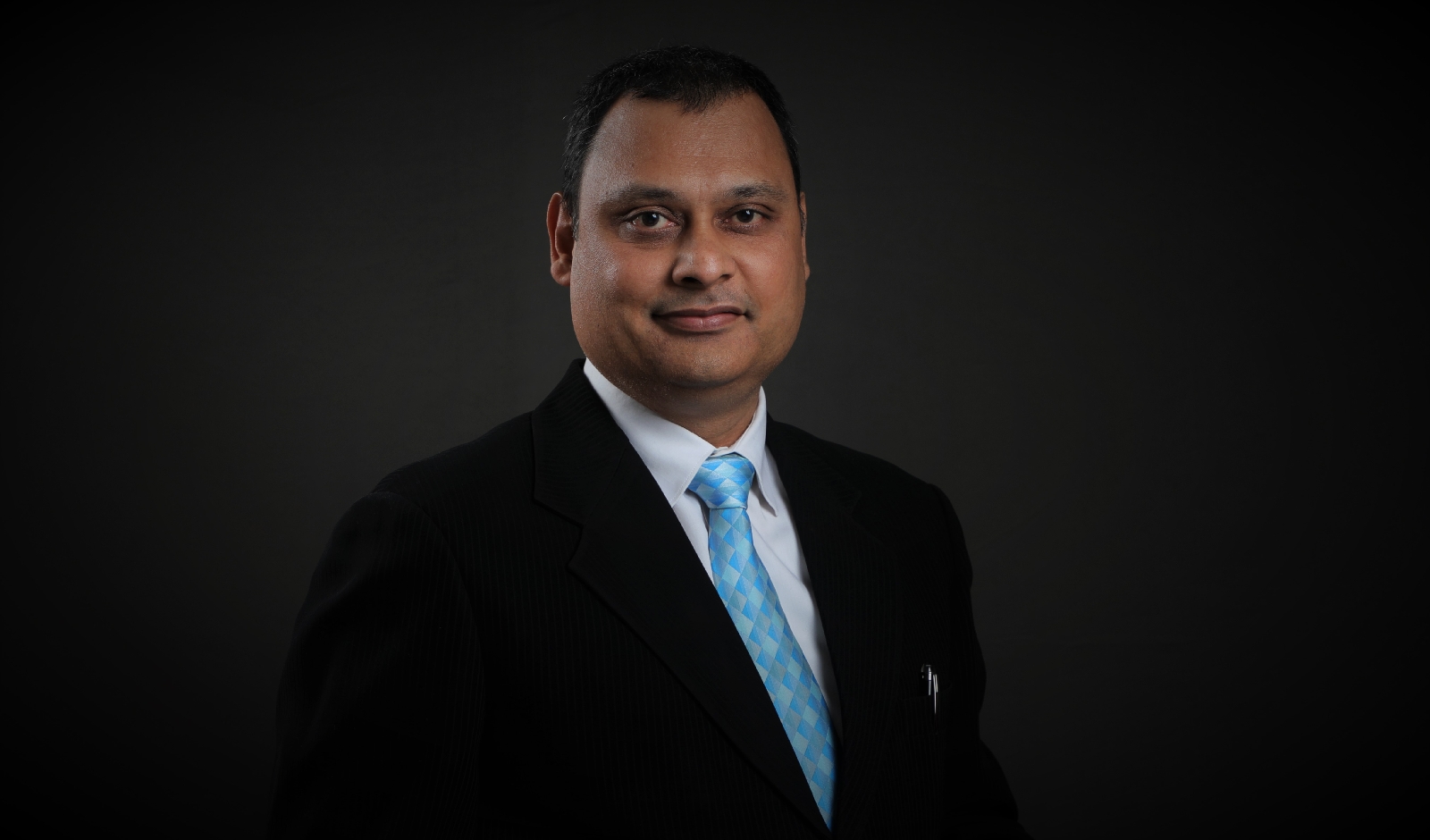30 May, 2023: Vishal Prakash Shah, CEO & Founder at Synersoft Technologies, has played a crucial role in providing a business perspective on the SMEs, which strives to assist businesses expand via the acknowledgement of business effort in providing local business support. We interviewed him to get an insight into his life as an entrepreneur, what it has been like working with the SMEs and any advice he has for other budding entrepreneurs.
1) What prompted you to create your concept?
It is all about my conviction in the India Story. I conceived the idea of an Indian Product for Indian MSMEs long back in the year 2008. I always believed that for India to become a major global economy, it would require an industrial structure driven by Micro, Small, and Medium Enterprises. In those days, I believed the Indian MSMEs would be subject to global competition. It would be mandatory for them to adopt technology and digitalization to compete on global standards. Such a digital transformation would make them dependent on data and digital assets. Loss of these digital assets would impact their business continuity. Leakage of these digital would lead to competitive exploitation or liabilities. Traditional solutions providing data protection and information security are complex and expensive for MSMEs as these solutions are designed to meet the requirements of large enterprises. Such a product market gap concerning the MSME sector inspired us to come up with the idea of developing a simple and affordable product for Indian MSMEs.
2) How have your priorities evolved since you initially started?
Initially, in 2008, the product we designed for MSMEs was absolutely a cloud-based product. We tasted our first failure when we launched a cloud-based product in the MSME sector. We analyzed the reasons for failure and realized that there were some genuine reasons. In those days, the Internet's availability was not as abundant as it is today. Our offering made them dependent on the Internet. Also, software piracy was rampant in those days, and the willingness to pay for the software was absent. Also, the MSMEs were part of a parallel economy which prevented them from putting their data on third parties on the cloud. We responded to these findings and adapted our product accordingly. We developed hardware and used the same technology to deploy the product on-premise. This particular move did wonders as it being on-premise did not make them dependent on the Internet, and their data was with them on their premise. As a hardware device on offer, it was no longer a payment for software, and they got something tangible for what they paid. This way, we evolved the product into a market leader in the "IT in a Box" category for MSMEs. Now, things have changed again. After the Jio Revolution, Internet is available in abundance. In the GST regime, MSMEs are part of the mainstream economy. Over time, they have understood that piracy is a crime and that one needs to spend on software and services. So, we have recently launched BLACKbox OneCloud, which serves as an OPEX-based IT Compliance, Data Protection, and Information Security service.
3) Knowing what you know now, is there anything you would have done differently when you were first starting out?
If I could leap back in time, I would have done two things differently. We wasted almost four years in our initial journey to design a cloud product only to realize that, for many reasons, MSMEs did not prefer the cloud in those days. We would have spent our resources developing hardware-based on-premise products, which MSMEs preferred in those days. Another thing I would have done differently is channel business. First, we launched this product in the channel. We got a good response and appreciation about the product from system integrators, but they hardly sold any units. We realized that our product was perceived as a competing product by the system integrators. In those days, system integrators (channel partners) used to integrate multiple solutions like file server, mail distribution server, firewall, endpoint controls, domain controllers, active directory, storage, backup solution, and VPN server. Since our product was available at one-third of the combined cost of the discrete solutions mentioned above, they preferred to sell traditional solutions to earn better margins. We learnt this hardware and wasted significant resources to develop the channel initially. Then we decided to sell the product on a D2C basis. Over time, by word of mouth and our door-to-door campaigns, MSMEs started asking for this product, and the channels started selling the product. Given a choice, we would have started as a D2C product company and developed the channel when they found us as a business opportunity for themselves.
4) How did you determine where to establish your business?
Our R&D and product development always had a laser-sharp focus on MSMEs of India, having more than ten computer users and less than three hundred computer users. So, we determined to set up our business in all industrialized pockets of India like Mumbai, Pune, Nashik, Ahmadnagar, Hubly, Aurangabad, Ahmedabad, Rajkot, Surat, Vapi, Ankleswar, Noida, Gurgaon, Zircapur, Bangalore, Hyderabad, Indore, Chennai, Coimbatore, Kolkata, and Jamshedpur. These are highly industrialized areas where MSMEs exist in clusters.
5) What obstacles did you face at the start of your journey?
We faced two obstacles. American, European, and Korean products dominated the market when we started. They were big brands and super-expensive. Mainly these products were used by large enterprises. When we launched an Indian product for MSMEs, we were not taken seriously. We had to work hard to make our mark. Another obstacle was to get over the perception of system integrators who viewed us as their competition in the initial days. We worked hard to generate demand for the product and establish value for money justification through our D2C endeavour. Now the system integrators (channel) sell our product because it is in demand by the MSME segment.
6) What distinguishes your company?
Culture, Disruptiveness, and Agility are the three characteristics of Synersoft that distinguish it. Our culture ignites and nurtures the entrepreneurial instinct of every team member. Our habit of questioning the traditional drives us to innovate and disrupt. We have solved many problems in an untraditional way and own IPR also for the same. We continuously keep track of MSMEs' problems. With exceptional agility, we evolve or adapt our solutions to solve them. That keeps us ahead of the competition. We have set many industry-first trends like buyback of old devices on upgradation, five years hardware warranty, entertaining short movies on MSME problems, a certification academy, and AI-enabled intuitive technical support.
7) What advice would you provide to someone aspiring to be an entrepreneur?
I want to mention that entrepreneurship is not an easy pursuit. It gives stress and pressure and takes many sacrifices from oneself and family. So, never trade your health for your business. Do it only if you can establish a good work-life balance.
8) What were your initial marketing strategies?
Our initial marketing strategies helped us transform BLACKbox from a newcomer Indian product to an established brand in the MSME sector. We took a bold call to contract with Fortune India magazine with an innovative Cover on Cover marketing strategy. It established BLACKbox as a brand advertised in an elite magazine. We knocked on every door, presented our product, and explained the value proposition. We produced fifty-plus professionally acted, entertaining short movies to let the MSMEs realize their problems and consequences.
9) What steps did you take to develop your culture?
We have developed our culture through Processes, Delegation, and Technology. Every process is minutely documented and gives perfect direction in any situation. We empower employees with the freedom and authority to chase quantified key performance indices. We are fully digitalized with ERP, CRM, HRMS, IVR, and TMS to equip employees to follow their entrepreneurial instincts. It is how we have developed our culture.
10) What do you consider success to be, and how long did it take you to find it?
To me, success is the freedom to choose. It is not a state of being; it is a continuous endeavour. My professional success is my journey of twenty-five years of learning and leading.
11) What traits make a successful entrepreneur?
A successful entrepreneur must know how to delegate and, when required, lead from the front. Entrepreneurs with such traits will not have to trade health and family life for being successful.
12) What future endeavours do you have?
I am mentoring a few aspiring entrepreneurs and will continue the same. I am pursuing my dream of leveraging the unity of MSMEs to their benefit. For the last four years, I have been working on the idea of UnitedSMEs and will scale it up to become an entity helping the MSME fraternity. With technology being my passion, I plan to focus and invest in AI integration in BLACKbox for productivity improvement.













0 Comments